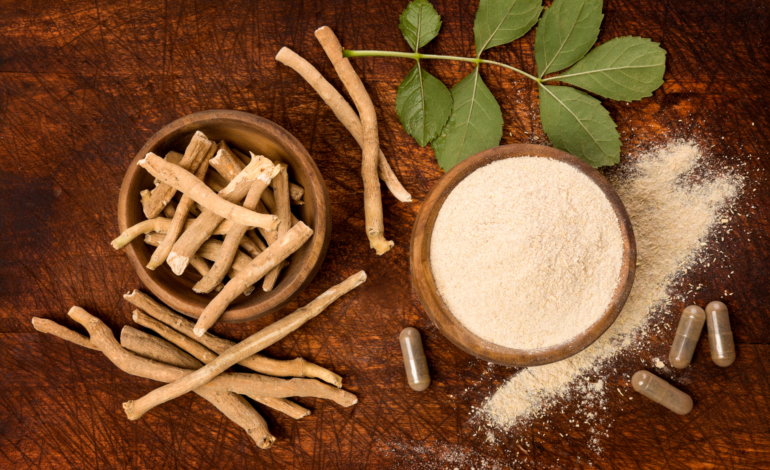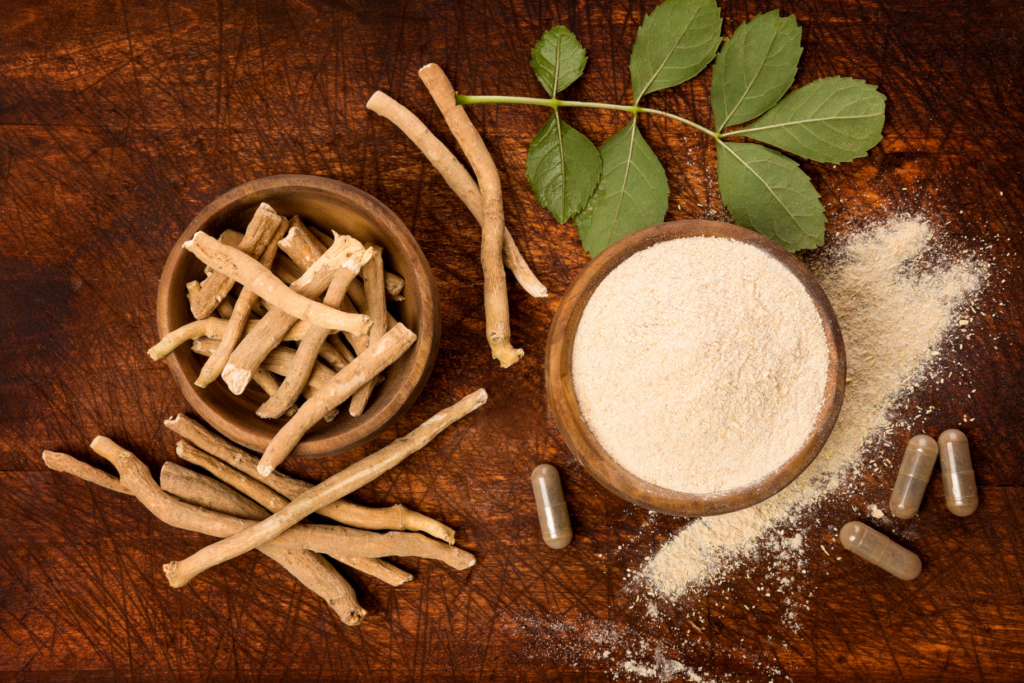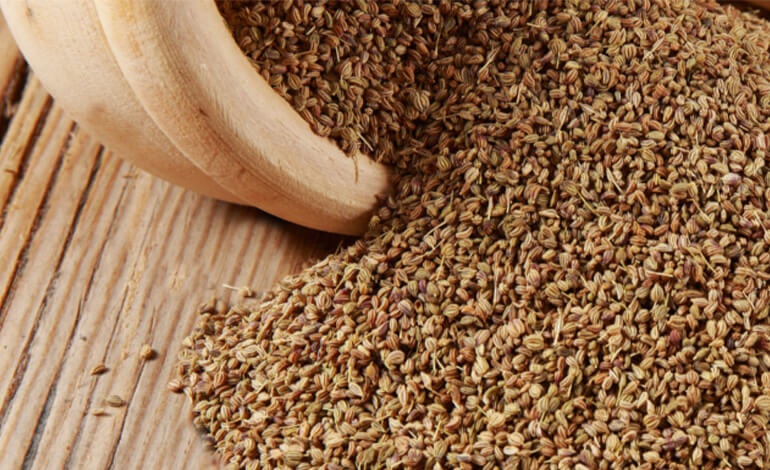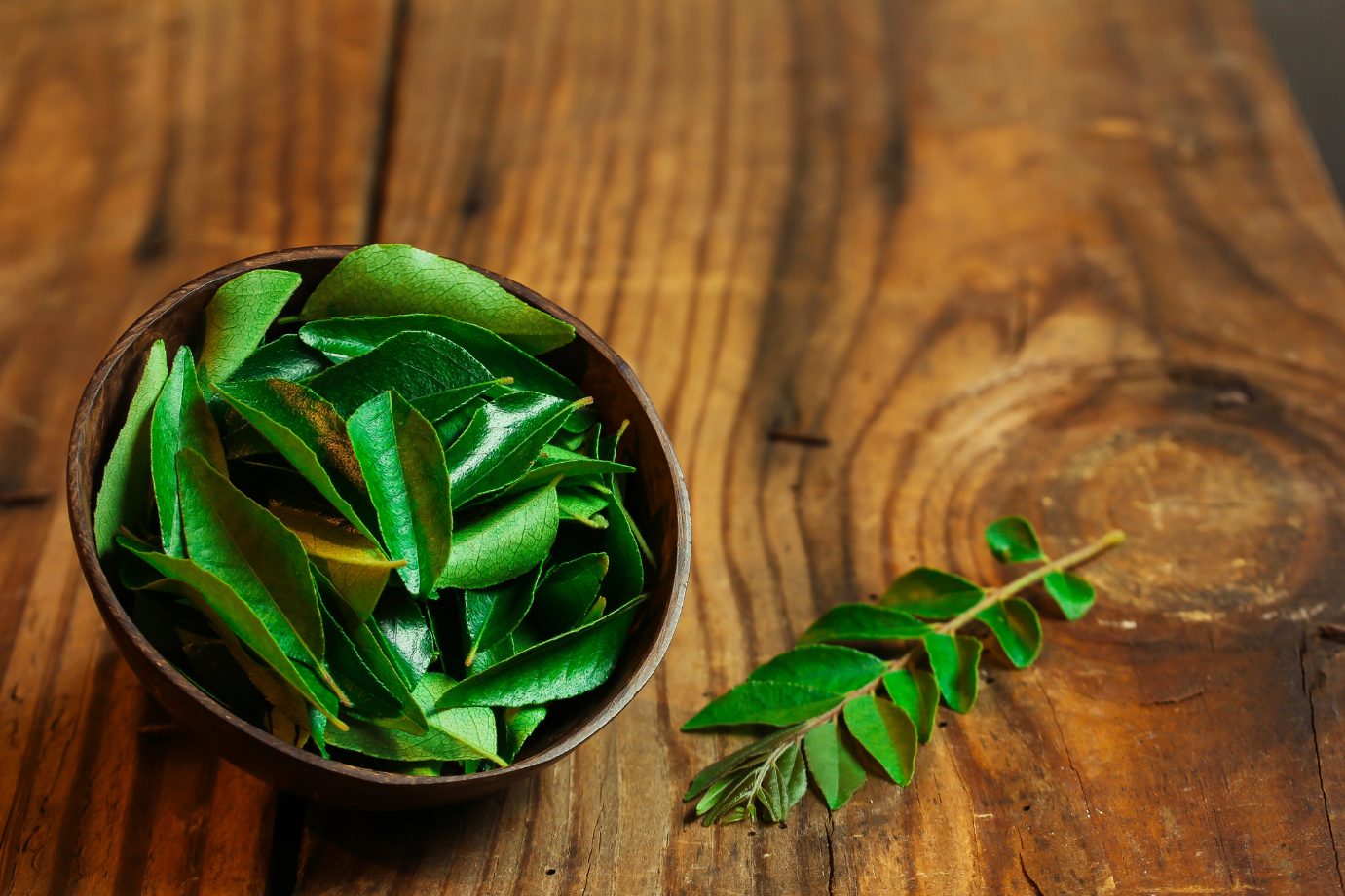Ashwagandha – A Herb with Medicinal Properties

Ashwagandha – A herb with medicinal Properties: –(हिंदी पोस्ट के लिए यहां क्लिक करें) The ashwagandha plant is one of the most powerful herbs in Ayurvedic medicine. It is well-known for its restorative and rejuvenating benefits. In Sanskrit ashwagandha means “the smell of a horse,” indicating that the herb has the potential to impart the vigor and strength of a stallion. Since ashwagandha is traditionally used as an adaptogen, it is a natural substance considered to help the body adapt to stress. Adaptogens are believed to help the body resist physical and mental stress. Maximizing the body’s ability to resist stress, it enables the body to reserve and sustains vital energy throughout the day while promoting sound, restful sleep at night. To treat boils, ulcers, and other skin irritations and infections, ashwagandha root powder can be applied topically as a paste.

In India, it has been traditionally used for nearly 5,000 years to treat conditions like
- Nervous conditions
- Joint inflammation
- Rheumatism
- Chronic stress
- Constipation
- Insomnia
- Goiter
- Parasites
- Hormone balance
Benefits of Ashwagandha
Ashwagandha contains many useful natural medicinal chemicals, including withanolides (steroidal lactones), alkaloids, choline, fatty acids, amino acids, and a variety of sugars. This quality of ashwagandha makes it a prime supplement to use in the toning and rejuvenation process. In addition to its dual energizing and calming effect, ashwagandha offers a number of benefits:
- Supports a healthy immune system
- Helps combat the effects of stress
- Improves learning, memory, and reaction time
- Reduces anxiety and depression without causing drowsiness
- Promotes healthy sleeping habits
- Benefits a healthy reproductive system in both males and females
- Maintains energy levels, strength, and vitality, even during physical activity.
- Supports a healthy back and joints
- Stabilizes blood sugar levels
- Helps lower cholesterol levels
- Offers anti-inflammatory and analgesic benefits
- Supports healthy muscles
- Promotes healthy functioning of the adrenals
Ashwagandha: Uses
- Insomnia- It has been observed that taking ashwagandha by mouth appears to improve overall sleep and sleep quality in some people.
- Stress. Taking ashwagandha by mouth seems to help reduce stress in some people. It might also help reduce stress-related weight gain.
There is interest in using ashwagandha for a number of other purposes, but there isn’t enough reliable information to say whether it might be helpful.
Ashwagandha – Adding to Your Daily Diet
According to Ayurveda, our bodies are woven from food. The nutrients we consume are converted into energy and information, which form our cells, tissues, and organs. Every day, our bodies require essential vitamins, minerals, and other nutrients to maintain the delicate balance of our bodies. Ashwagandha is traditionally consumed as a fine powder mixed with honey or ghee. It is typically taken in capsule form in Western countries The common dose ranges from 450 to 500 mg. A cup of hot milk containing a teaspoon of powdered ashwagandha or an ashwagandha capsule before bedtime is a beneficial treatment for people who suffer from insomnia and anxiety.
Few Health Recipes of Ashwagandha
Ashwagandha Tea Recipe
Ingredients:
- 1/2 teaspoon ashwagandha powder
- 1 cup hot water
- 1 teaspoon honey
Directions: Combine hot water with Ashwagandha powder and mix well. Add honey to taste. Sip and enjoy!
Ashwagandha Tonic Recipe
Ingredients:
- 1–2 teaspoons ashwagandha powder
- 2 cups milk
- 1 tablespoon raw sugar
- 1/8 teaspoon cardamom
Directions: Simmer 1 to 2 teaspoons powdered ashwagandha in 2 cups milk over low heat for 15 minutes. Add 1 tablespoon raw sugar and 1/8 teaspoon cardamom and stir until well mixed. Turn off heat. Drink a cup once or twice a day.
Ashwagandha – Precautions and Warnings
Large doses: The long-term safety of ashwagandha is not known. Large doses of ashwagandha can cause abdominal discomfort and diarrhea.
Pregnancy: It is likely unsafe to use ashwagandha when pregnant. There is some evidence that ashwagandha might cause miscarriages.
Breast-feeding: There isn’t enough reliable information to know if ashwagandha is safe to use when breast-feeding. Stay on the safe side and avoid use.
When applied to the skin: There isn’t enough reliable information to know if ashwagandha is safe or what the side effects might be.
Speak with a healthcare provider to find out what dose might be best for a specific condition. And special care should be taken and consulted with Doctor in conditions like Pregnancy, Thyroid, Surgery or Auto-immune disease.
Conclusion
Ashwagandha is an ancient medicinal herb that may provide numerous health benefits. According to study findings, it may help reduce anxiety and stress, promote restful sleep, and even improve cognitive functioning in certain populations. Most people consider ashwagandha to be relatively safe. However, it is not appropriate for everyone, so consult with a healthcare professional before incorporating ashwagandha into your routine.









1 Comment
[…] – औषधीय गुणों वाली एक जड़ी बूटी।:- (For English Post Please Click here) अश्वगंधा का पौधा आयुर्वेदिक […]